The Blood of Fu Manchu
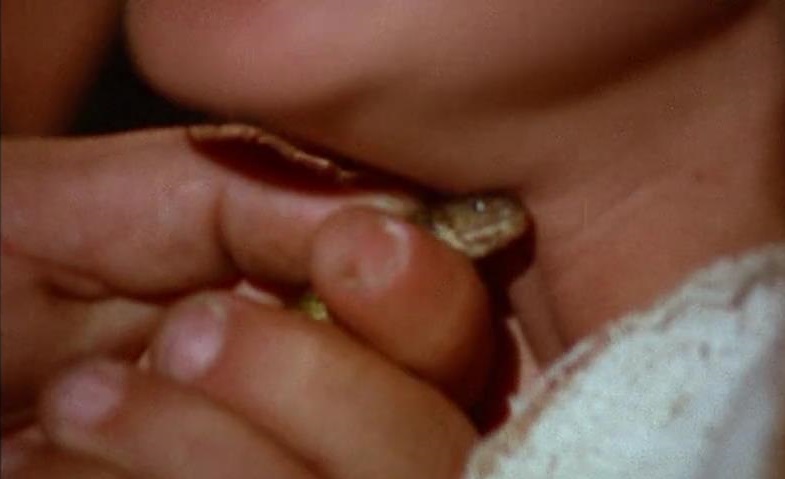
An intensive
elaboration of Sharp’s The Brides
of Fu Manchu, subject females envenomed to “fulfill my destiny”
and “destroy the enemies in our path” (cf. Bava’s Dr. Goldfoot and the Girl Bombs), with
the beautiful corollary from Erle C. Kenton (House of Dracula), un sang impur...
A fatal kiss
“on the lips”, an archæological expedition to “this secret
city... lost for hundreds of years...”
Blindness
and death for Nayland Smith, first among the nemeses.
“Between
the Andes and the Mato Grosso,”
a bandit kingdom not subject to Fu Manchu. “The kiss of
death,” so stated. Dr. Petrie, anticipating Herzog, carries along
with him a thermos of tea in the vast jungle. “If I wasn’t an
English gentleman I’d tell you what you were, you potbellied
basket!”
Welles’
second-unit man, at home in South America as later Ruggero
Deodato.
Robert Firsching (All
Movie Guide), “entertaining, if extremely sexist.” Halliwell’s Film Guide, “a
series which started well, but was subsequently robbed of period
flavour.”
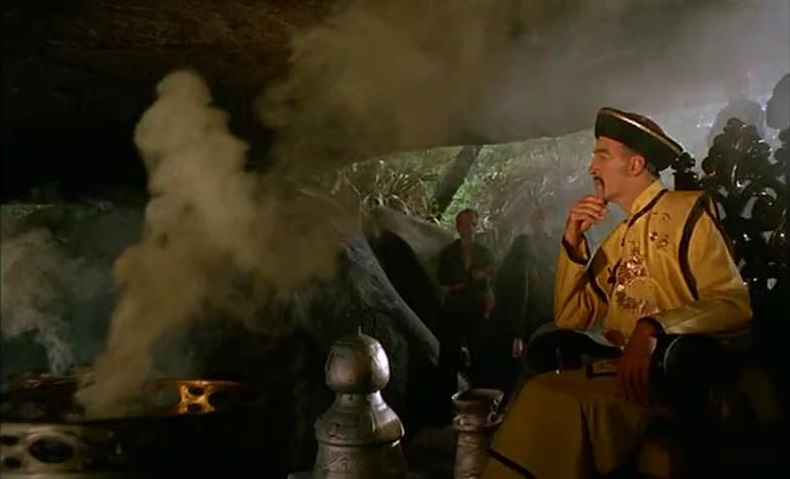
The Castle of Fu Manchu
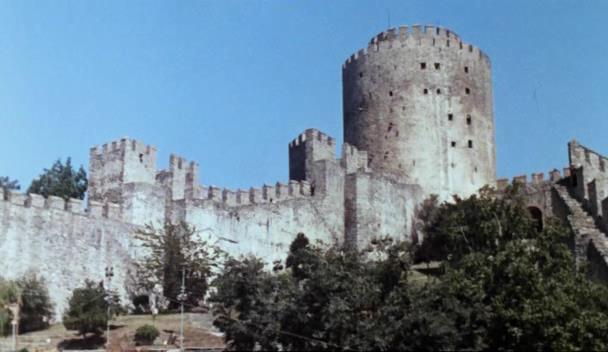
A diabolical
liberty taken with Sharp and the Titanic
“in the South Atlantic” creates the image in the prologue,
“this is my destiny.”
Istanbul, minute
camerawork (including the Buñuelian tilt-and-pan that
shows the title dwellingplace), modern Debussyan score, Park Güell for
the Anatolian Governor’s Castle...
“Possibly a
derivative of opium” could cause the oceans to freeze. “Dr.
Kessler, this is Dr. Petrie, Sir Denis Nayland
Smith.”
“We’re
old friends, we met on holiday, we fish the same
river.”
“For
the same fish.”
“A
one-fish river!”
The
impossibly-named Spanish director Jesus Franco plays Inspector Ahmet of the Turkish police and is a great one for the zoom
lens collapsing and expanding forms, the tilted graveyard of Robbe-Grillet’s L’Immortelle, Hagia
Sophia etc.
Ralph Thomas (Campbell’s Kingdom) lends himself
to the latter image of a dam burst, “complete annihilation.”
Piers Haggard has
the continuation (The Fiendish Plot of Fu
Manchu).
TV Guide, “last and worst”. Robert Firsching (All
Movie Guide), “disastrous”. The Catholic News Service Media Review Office, “fooey.” Halliwell’s
Film Guide, “extraordinarily tatty”.
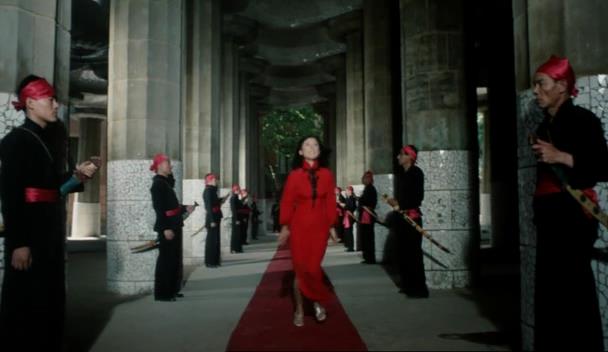
The Bloody Judge
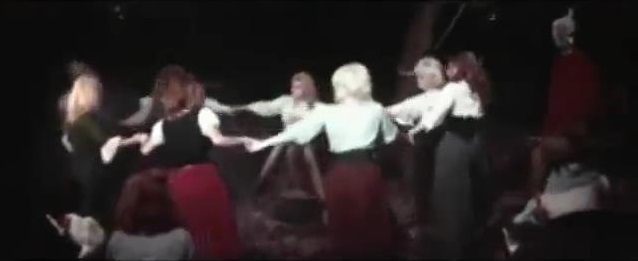
A
piece of eloquence on “a time of plot and counterplot, a time of
witchcraft, when the shadow of the executioner blots out the innocent and
guilty alike.” Goya and Arthur
Miller for the opening dance, understood as defiance.
The trumpets on
the battlements are from Welles’ Othello.
The sensuality of the Lord Chief Justice is insensibly conveyed upon his ritual
entrance at the Old Bailey, “let the business of
the court commence.”
“Quiet,
bitches!” A Wessex witch at Newgate, caught in
flagrant delight. England not Spain, less the Inquisition per se, legal and political matters (the
director was a boy at the time of the Spanish Civil War).
The witch trials,
accusation, torture, condemnation, execution (thus the Italian title, Il trono di fuoco, a hair’s-breadth
from Mel Brooks, see also Howard Vernon as Jack Ketch), the same in Dreyer’s
Day of Wrath and anybody’s Joan of Arc.
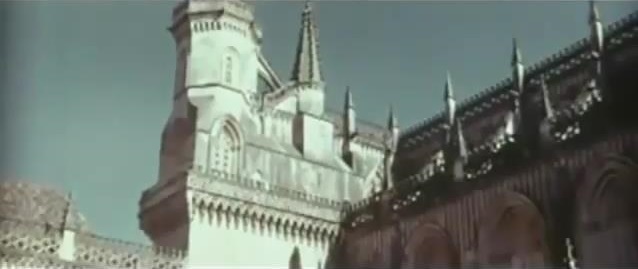
“Er, claret,
my lord? A true Englishman’s wine.” Leo Genn as Wessex. Another Chauvelin, the Lord High Justice, “the devil in red
robes.”
Defeat
of Monmouth. For the women
awaiting trial at Taunton, cf. Fernandez’ Soy puro mexicano. The Bloody Assizes.
The
bloody Lord High Chancellor. Flight of James II, reign of William and Mary.
Catholic
News Service Media Review Office, “British cut-rate costume melodrama... a talkie with a lot of posturing
and little action” (as Night of the
Blood Monster). Robert Firsching (All Movie Guide), “difficult to
evaluate”.
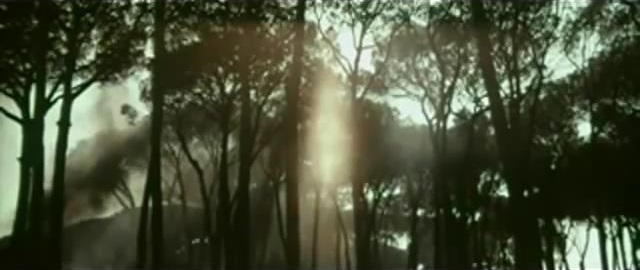
Les Nuits
de Dracula
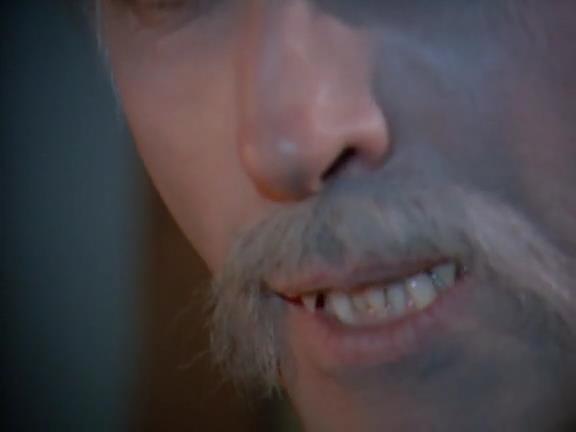
The
Hun. “The blood of Attila
is in these veins.”
Count Dracula in English. Nachts, wenn Dracula erwacht, recalling Siodmak.
The plain
ordinary retailing of these horrors, woods full of terrible cries and running
wolves, the dweller in the castle who has no reflection, claustral
realm of spiders and bats.
Jonathan Harker’s dream of three pallid lovelies overridden by
their master and called away by a baby’s screams.
Dr. Seward, Van Helsing’s clinic, Renfield.
A marvelously
exact detailing of the narrative proceeds from this reading. In hoc signo vinces...
“Mina my
dear, whilst the Count lives, time and space have little meaning. We can only
pray.”
Time Out,
“yet the movie emerges as a soberly intelligent reappraisal of a potent
and oft-misrepresented mythology.” Robert Firsching
(All Movie Guide), “plodding
and dull.”
